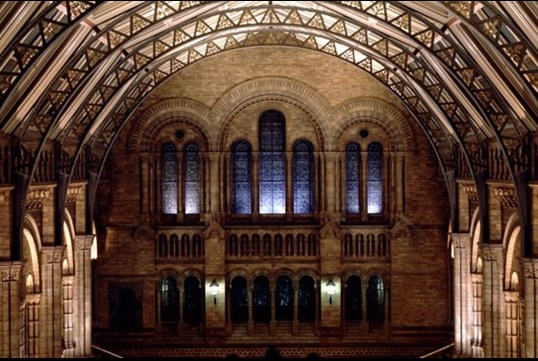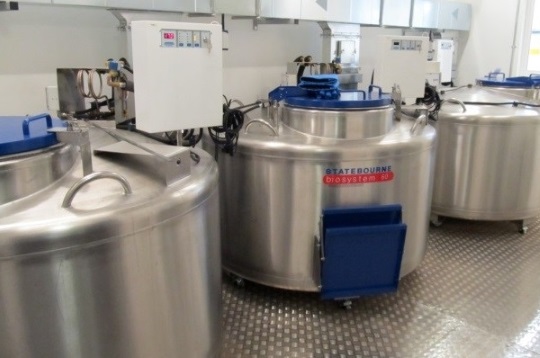Natural History Museum
The Natural History Museum (NHM) is the UK's national museum of natural history, a world centre of scientific excellence in taxonomy and biodiversity since its opening in 1881, with ~80 million specimens in its collections.



An average of 25K new specimens are received each year, from focused collections by researchers, opportunistic collecting, donations and bequests by scientists and public, all a source of genetic material for research..
The NHM Molecular Collections facility (MCf), located in the NHM basement , is a centralised biorepository for collections destined for or created by molecular research internally and externally, built in 2011 was launched in February 2012. MCf now holds ~1.5M molecular specimens and samples of species from across the Tree of Life including flagship collections e.g. UK Insect Pollinator Initiative Archive (~50K UK insect pollinator specimens), Frozen Ark Project material (tissues, DNAs and cells from endangered animals), Schistosomiasis Collection at the NHM (SCAN), large vertebrate collections (bird, fish, herps), Abyssline Deep Sea Collection, Vietnamese Molluscs, plus a wide range of plant material including ferns and flowering plants.
MCf material is stored at -20, -80 and -196˚C (LN2) in the cryofacility, and at room temperature (silica gel and FTA formats) in the ambient storeroom.